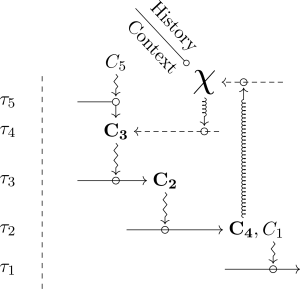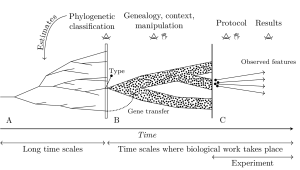
Conceptual and theoretical specifications for accuracy in medicine
Personalized medicine in the making: Philosophical perspectives from biology to healthcare
We question some aspects of medicine from the perspective of theoretical biology, on the one hand, and the technological and social dimension of health and disease on the other hand.
Abstract
Technological developments in genomics and other -omics originated the idea that precise measurements would lead to better therapeutic strategies. However, precision does not entail accuracy. Scientific accuracy requires a theoretical framework to understand the meaning of measurements, the nature of causal relationships, and potential intrinsic limitations of knowledge. For example, a precise measurement of initial positions in classical mechanics is useless without initial velocities; it is not an accurate measurement of the initial condition. Conceptual and theoretical accuracy is required for precision to lead to the progress of knowledge and rationality in action. In the search for accuracy in medicine, we first outline our results on a theory of organisms. Biology is distinct from physics and requires a specific epistemology. In particular, we develop the meaning of biological measurements and emphasize that variability and historicity are fundamental notions. However, medicine is not just biology; we articulate the historicity of biological norms that stems from evolution and the idea that patients and groups of patients generate new norms to overcome pathological situations. Patients then play an active role, in line with the philosophy of Georges Canguilhem. We argue that taking this dimension of medicine into account is critical for theoretical accuracy.
Keywords: Normativity, Organization, Personalized Medicine, Technology, theoretical biology












